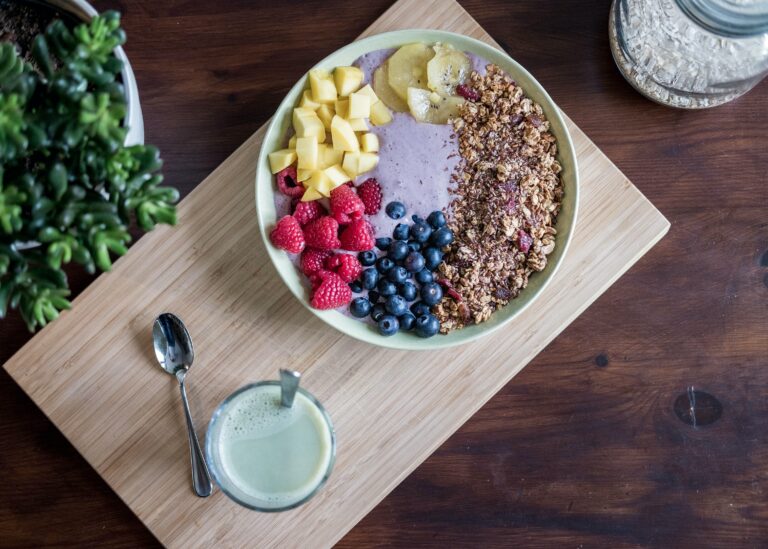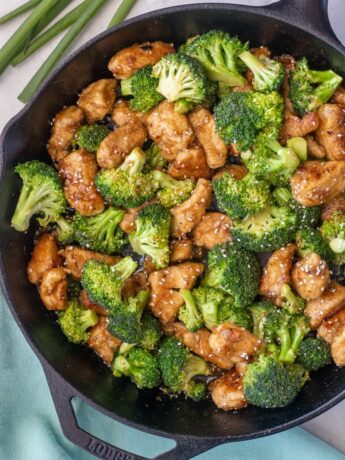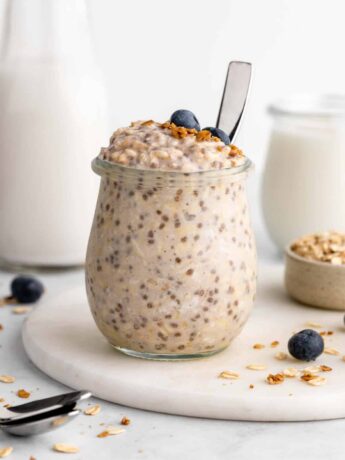The Top 15 Gut Healthy Foods to Include in Your Diet

Maintaining a healthy gut is essential for overall wellness and a strong immune system. One of the best ways to support gut health is by incorporating gut-friendly foods into your diet. By incorporating these foods into your diet, you can support your gut health and overall well-being.
1. Yogurt: Yogurt is an excellent source of probiotics, which are beneficial bacteria that help to maintain a healthy gut. It is also a good source of calcium, protein, and other essential nutrients.
2. Kefir: Kefir is a fermented milk drink rich in probiotics and beneficial bacteria. It is also a good source of calcium, protein, and other essential nutrients.
3. Sauerkraut: Sauerkraut is a fermented cabbage dish rich in probiotics and beneficial bacteria. It is also a good source of vitamins and minerals.
4. Kimchi: Kimchi is a traditional Korean dish made from fermented vegetables. It is rich in probiotics and beneficial bacteria.
5. Miso: Miso is a fermented soybean paste rich in probiotics and beneficial bacteria. It is also a good source of vitamins and minerals.
6. Tempeh: Tempeh is a fermented soybean cake that is rich in probiotics and beneficial bacteria. It is also a good source of protein and other essential nutrients.
7. Kombucha: Kombucha is a fermented tea drink that is rich in probiotics and beneficial bacteria. It is also a good source of antioxidants and other essential nutrients.
8. Pickles: Pickles are a fermented cucumber dish that is rich in probiotics and beneficial bacteria. It is also a good source of vitamins and minerals.
9. Olives: Olives are a fermented fruit that is rich in probiotics and beneficial bacteria. It is also a good source of healthy fats and other essential nutrients.
10. Apple Cider Vinegar: Apple cider vinegar is a fermented apple juice that is rich in probiotics and beneficial bacteria. It is also a good source of vitamins and minerals.
11. Coconut Kefir: Coconut kefir is a fermented coconut milk drink that is rich in probiotics and beneficial bacteria. It is also a good source of healthy fats and other essential nutrients.
12. Artichokes: Artichokes are a fermented vegetable that is rich in probiotics and beneficial bacteria. It is also a good source of fiber and other essential nutrients.
13. Fermented Soy Sauce: Fermented soy sauce is a traditional Asian condiment that is rich in probiotics and beneficial bacteria. It is also a good source of vitamins and minerals.
14. Natto: Natto is a fermented soybean dish that is rich in probiotics and beneficial bacteria. It is also a good source of protein and other essential nutrients.
15. Seaweed: Seaweed is a type of algae that is rich in probiotics and beneficial bacteria. It is also a good source of vitamins and minerals.
How to Incorporate Gut-Healthy Foods into Your Everyday Meals

Incorporating gut-healthy foods into your everyday meals is important in maintaining a healthy digestive system. Eating a balanced diet that includes a variety of gut-friendly foods can help to reduce inflammation, improve digestion, and boost your overall health. Here are some tips for incorporating gut-healthy foods into your everyday meals.
1. Start your day with a gut-friendly breakfast. A nutritious breakfast is the perfect way to start your day and give your gut a boost. Add probiotic-rich foods such as yogurt, kefir, or kombucha to your morning meal. You can also add fiber-rich foods such as oats, chia seeds, and flaxseeds to your breakfast.
2. Incorporate fermented foods into your diet. Fermented foods such as sauerkraut, kimchi, and miso are rich in probiotics and can help to improve your gut health. Add a small amount of fermented foods to your meals or snacks throughout the day.
3. Eat plenty of fiber-rich foods. Fiber is essential for a healthy gut, as it helps to keep your digestive system running smoothly. Incorporate fiber-rich foods such as legumes, nuts, seeds, and whole grains into your meals.
4. Add prebiotic-rich foods to your diet. Prebiotics are a type of fiber that helps to feed the beneficial bacteria in your gut. Foods such as onions, garlic, asparagus, and bananas are all rich in prebiotics.
5. Drink plenty of water. Staying hydrated is essential for a healthy gut. Make sure to drink plenty of water throughout the day to keep your digestive system running smoothly.
By following these tips, you can easily incorporate gut-healthy foods into your everyday meals. Eating a balanced diet that includes a variety of gut-friendly foods can help to improve your digestive health and boost your overall wellbeing.
The Benefits of Eating Gut-Healthy Foods for Overall Wellness

The digestive system is responsible for breaking down food and absorbing nutrients. When the digestive system functions properly, it can help improve overall health. Eating gut-healthy foods can help to improve digestion and reduce symptoms of digestive issues such as bloating, constipation, and diarrhea.
Gut health is also essential for immunity. The gut is home to a large number of beneficial bacteria that help to protect the body from infection and disease. Eating gut-healthy foods can help to promote the growth of beneficial bacteria, which can help to boost immunity and reduce the risk of illness.
A good digestive system is also important for reducing inflammation. Inflammation is a natural response to injury or infection, but chronic inflammation can lead to a variety of health problems. Eating gut-healthy foods can help to reduce inflammation and improve overall health.
Eating gut-healthy foods can have a positive impact on overall wellness. Eating a diet rich in fiber, probiotics, and prebiotics can help to improve digestion, boost immunity, and reduce inflammation. Eating various fruits, vegetables, whole grains, and fermented foods can help promote gut health and improve overall wellness.






